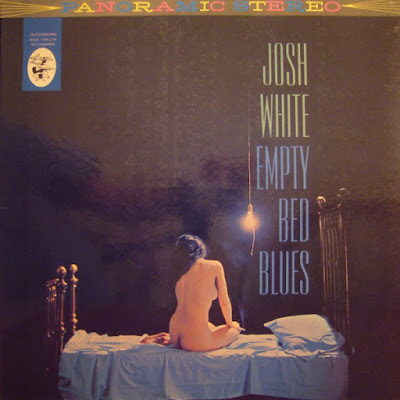Those were the days of machine driven wave rock, and so this recording is very much influenced by that plain simple sound.
The single "Now Martin's Gone", a sad little love song with a fine, catchy tune, should have become a huge hit back then, but it flopped.
"`North By Northwest´ reveals depths to Tom Robinson´s talent I´d never before suspected. Shorn of the neccessity to simply and sloganise forced on him by the expressive limitations of a conventional rock format, his authentic voice speaks loud and clear. He no longer preaches the reassuringly right-on line to the converted, but rather reveals himself as a victim of incurable romanticism, bleakly nostalgic for the past, fearful of the future. This confessional self-detachment perhaps results from the perspective of living in Hamburg, where he recorded the album with the excellent Richard Mazda." - Mat Snow, Melody Maker, July 1982
This release was digitally remastered 1997 with addition of bonus tracks 11-15 (a dance mix of 'Now Martin's Gone', both sides of a rare German 7" single, and both eccentric 'B' sides from the 1983 hit version of 'Atmospherics: Listen To The Radio').
Tracklist:
1 Now Martin's Gone
2 Atmospherics
3 Can't Keep Away (Part 2)
4 Looking For A Bonfire
5 Merrily Up On High
6 Those Days
7 In The Cold
8 The Night Tide
9 Duncannon
10 Love Comes
11 Tango An Der Wand
12 Now Richard's Gone
13 Alptraum Tango Dub
14 Any Favours
15 Out To Lunch
Tom Robinson - North By Northwest
(320 kbps, cover art included)
This release was digitally remastered 1997 with addition of bonus tracks 11-15 (a dance mix of 'Now Martin's Gone', both sides of a rare German 7" single, and both eccentric 'B' sides from the 1983 hit version of 'Atmospherics: Listen To The Radio').
Tracklist:
1 Now Martin's Gone
2 Atmospherics
3 Can't Keep Away (Part 2)
4 Looking For A Bonfire
5 Merrily Up On High
6 Those Days
7 In The Cold
8 The Night Tide
9 Duncannon
10 Love Comes
11 Tango An Der Wand
12 Now Richard's Gone
13 Alptraum Tango Dub
14 Any Favours
15 Out To Lunch
Tom Robinson - North By Northwest
(320 kbps, cover art included)




















